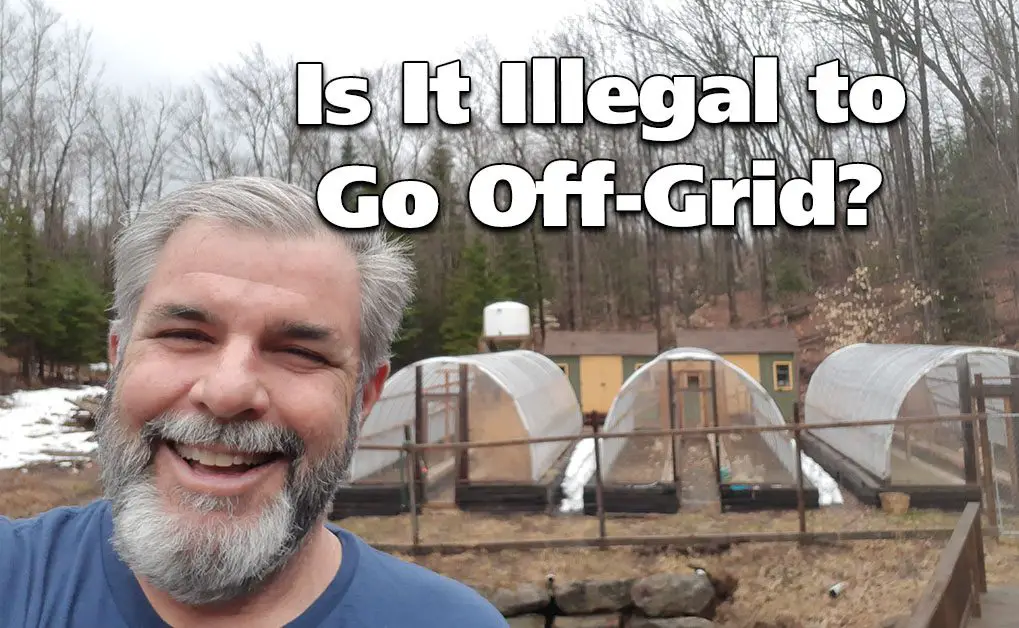Going Off-Grid in Ontario means that you are able to produce your own renewable energy to cover your unique needs and establish complete freedom and independence from local distribution companies!
Say goodbye to unexpected energy expenses and increase your own ability to be less dependent. There is no better time than now to become more independent.
Today, off-grid living does not automatically mean hunt camp or controlled living conditions. Now, it is able to include all the luxuries and amenities of modern-day living. Washers or dryers, pools or hot tubs, even air conditioning units, it’s all possible.
Off-Grid living provides resilience, independence, and reliability. It eliminates power outages, hydro bills, and rising costs. Off-Grid living provides cleaner power, an elevated lifestyle, and meaningful freedom.
One of the most often asked questions about gaining energy independence is if it’s illegal to go off-grid. The answer is simply no! It is NOT illegal to go off-grid and live an off-grid lifestyle. The confusion often stems from issues of terminology.
What does it mean to live off-grid? Living off-grid means one is creating their own power through solar, wind, water, or a combination of all three solutions.
It does not mean living without any means of power generation, water supply, or septic treatment facilities. It is illegal to live without electricity, as there are laws and by-laws in all provincial and municipal literature preventing people from living without any means of power generation, as there needs to be sufficient power to run C02 and fire detectors in one’s home.
There is also literature to prevent people from living in trailers on properties without electricity or septic systems that utilize the term “off-grid” in their descriptions, however, the use of “off-grid” in this case does not relate to generating their own power sources. The language can be confusing, but at the end of the day, living off-grid by creating and consuming your own energy is perfectly legal.
Off-grid power systems are now considered more reliable than the electrical grid. Off-Grid power equipment is now so advanced it operates without any intervention, powering your home just as if you were on the grid with online remote tools to monitor, manage, and track your consumption.
Going off-grid means being independent of power companies. And while the capital cost of setting up an efficient system may be higher than bringing in utility power (depending on the location of the nearest source) this is significantly offset over the ensuing years by monthly costs much lower than a power company bill.
Consider this about Hydro One and Ontario’s electrical system:
- Power Outages are increasing. Hydro One’s equipment is aging, in rough shape, and is “at a very high risk of failing”.*
- The estimated cost of necessary repairs to Hydro One’s distribution lines is $4.472 billion.*
- Ontarian’s have paid $37-billion more than market price for electricity over eight years and will pay another $133-billion extra by 2032
- Hydro One has been privatized!
Successful Off-Grid energy systems are custom designed to match the customers’ demands. Factors that are considered are total electrical consumption, location, exposure, and budget.
The choices are considerable, flexible to any size, use, or condition. Battery choices are vast with lifespans as high as 20 years and over. Inverters used to change DC stored battery power to perfect AC power have built-in redundancies, eliminating any likelihood of ever being without power.
Today’s renewable home energy options are vast and filled with choice. You can remain with the status quo and the forward cost and personal risk that that brings or you can increase your own independence and Go Off-Grid.
Haliburton Solar and Wind support you 100% as you pursue an off-grid lifestyle for your cottage, camp, home, and family!




